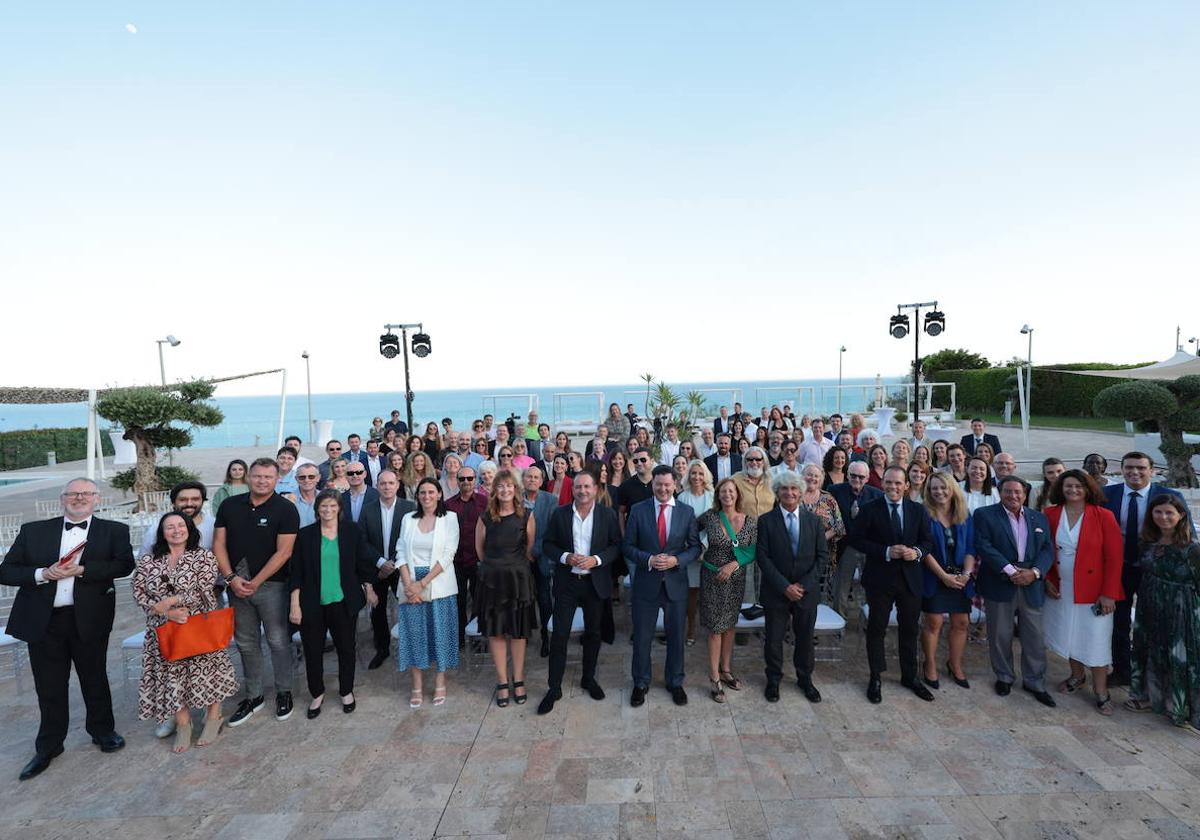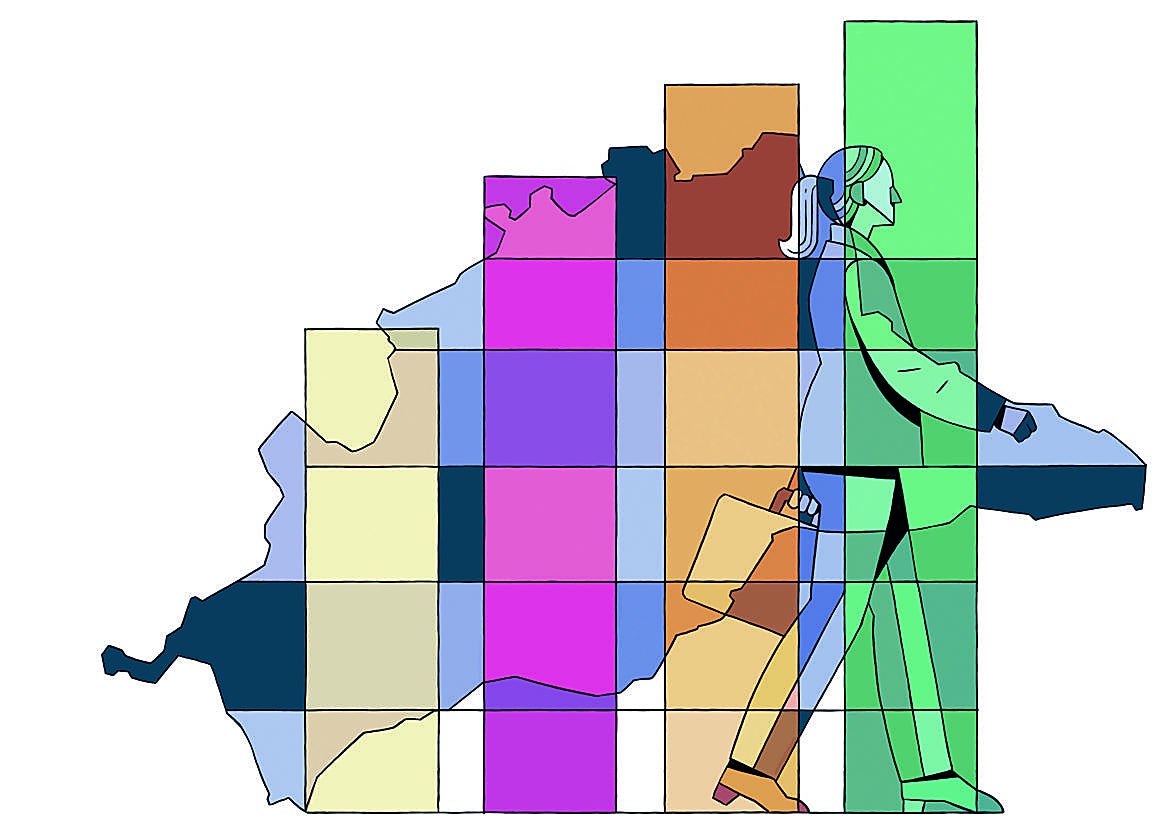Top International Business Guide
For decades now the Costa del Sol, the province of Malaga and Andalucía as a whole have formed part of a growing melting pot of nationalities and cultures. Different nationalities initially attracted by the mild climate, first came as travellers, tourists and then decided to make their home here. Over this time the presence of nationals from other countries has shaped the economy of the province of Malaga.
To look at the influence of foreign visitors on the local economy, however, first, perhaps, we should go back centuries and even millennia to see how the southern coast of Spain, in particular Malaga has attracted residents and traders from overseas.
We know from the wealth of archeological remains in Malaga and its surrounding area that as far back as the 9th century BC, the Phoenicians reached what we call today the Costa del Sol. And they came to live and trade, creating, among others, the fish-salting industry, which was continued during the Roman era. Consider it invasion or settlement, the fact is that these civilisations were attracted to the Malaga coastline, and the remains of city walls from different periods, show that it was worth protecting.
But let’s fast-forward through the still prosperous centuries of Islamic al-Andalus and the Christian Reconquest to the 20th century and a new concept of overseas settlers.
Andalucía, and its coastline may not at the time have been the wealthiest in Spain but it was certainly among the most beautiful and boasted an enviable climate. So much so that travellers from other countries spoke well of the area and more wanted to come to visit. At some point this became known as tourism and soon people from cooler, wetter countries were spending their holidays in the south of Spain.
The industry grew, providing accommodation and services to the visitors. Then, inevitably, some decided they wanted to settle here, and others followed their example.
It didn’t take long for pioneering entrepreneurs, both local Spanish and foreign, to step forward and seize the opportunity to fill the gaps being created by the growing international population, while, at the same time, the new residents did business among themselves.
And over the decades, this combination of local and foreign entrepreneurs and business, with the support of local authorities, has endeavoured to equate supply with demand and keep up with the ever-changing scenarios.
Services were needed in more and more different languages (this newspaper being a prime example of a Spanish company adapting to the new population on the Costa del Sol), residents wanted to buy products and eat food from their countries of origin; they had different priorities when it came to choosing a property and financial situations that required a whole new set of products and services.
As the tourism industry became the driving force behind the local economy, residential tourism and the international community formed a huge part of this.
From retail and financial services to leisure, education and health... in fact all the industries touched on in this guide were adapted by and for the different nationalities using them, creating a solid international foundation that contributed towards the next step.
The excellent communication with dozens of flights coming in and out of Malaga Airport every day, the high speed trains and the improved road network, a range of international schools, a supply of high-end housing all contributed to the attraction of multinational companies to establish a base in Malaga.
The technology park in Malaga, first the PTA and now Malaga Techpark, offered the infrastructure, while the climate and the international services were a guarantee to attract talent.
It has not been plain sailing; the property bubble burst, followed by the financial crisis. The pandemic changed many personal and business plans. Many left and many arrived. Businesses closed and reopened.
With this guide SUR in English takes a closer look at the different industries that make up the local economy and some of the success stories that form part of it.
From the fish salting Phoenicians to the cybersecurity giants of the 21st century, foreigners have chosen Malaga and the Costa del Sol as the ideal place to settle and do business.
And perhaps in millennia from now, historians will investigate the origins of so many foreign surnames in the south of Spain and discover a unique community whose prosperity survived crisis after crisis, precisely because of the influence, enterprise and talent the Costa del Sol attracts from all over the world.


